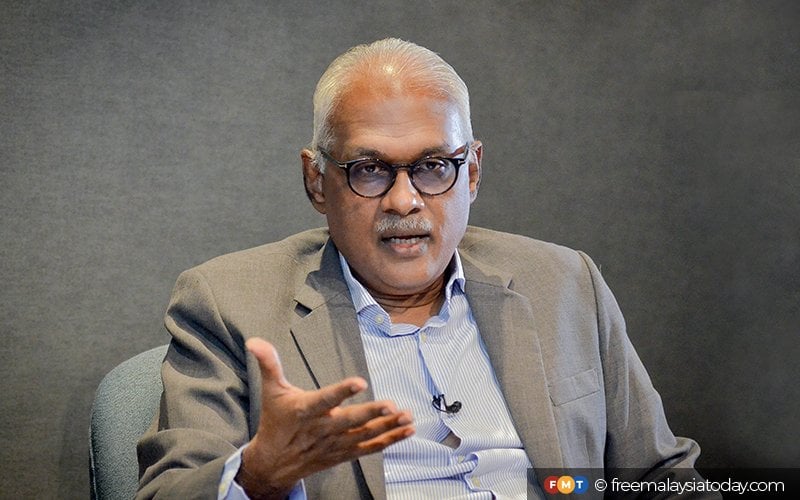New SPAN chief urges states to increase water storage capacity

PETALING JAYA: The new head of the National Water Service Commission (SPAN) has highlighted the need for state governments to invest in water storage facilities to cope with more extreme weather patterns.
Charles Santiago said businesses must also be incentivised to do their part and recycle water.
He was commenting on climatologist Ramzah Dambul’s warning that Malaysia is set to face a period of dry weather beginning in July.
Ramzah, who heads the Institute for Development Studies in Sabah, said Malaysia and Indonesia would likely see a longer dry season this year and that this could lead to the increased likelihood of forest fires.
Santiago, who was reappointed as SPAN chairman on March 20, said this scenario will lead to competing demands for water for consumers and fighting forest fires.
“A system to collect excess rainfall can reduce flood intensity while that water can then be used during the dry season,” he told FMT.
At the consumer level, he proposed that the government give out tax incentives for businesses to install water recycling systems to reduce demand during dry spells.
“Since businesses use a lot of water, they would be interested in doing this to reduce their costs, but they could use some help from the government,” he said.
Association for Water and Energy Research (AWER) president S Piarapakaran said they have repeatedly warned the government of the growing severity of floods, which will be followed by more extreme dry seasons.
He said the drop in rainfall will also impact palm oil output, and rice, vegetable and livestock farms that depend on irrigation from dams.
For instance, dams in Kedah provide water for drinking and irrigation for the state’s vast rice fields. When there are competing demands, water for agriculture will have to give way to consumers, he said.
Piarapakaran said the government needs to do more, including preventing deforestation, which has an impact on climate change and more extreme weather patterns.
He also said the prolonged dry spell will take a toll on consumers.
“The surge in cooling needs during a dry spell will cause spikes during peak hours and the added cost of providing that electricity will be passed to business and domestic consumers,” he said.
He said the government should already be looking to negotiate with power generators to bring down tariff costs for consumers.
“These suggestions can help reduce fixed cost impact to the tariff that will be passed through to the consumers,” he said.





